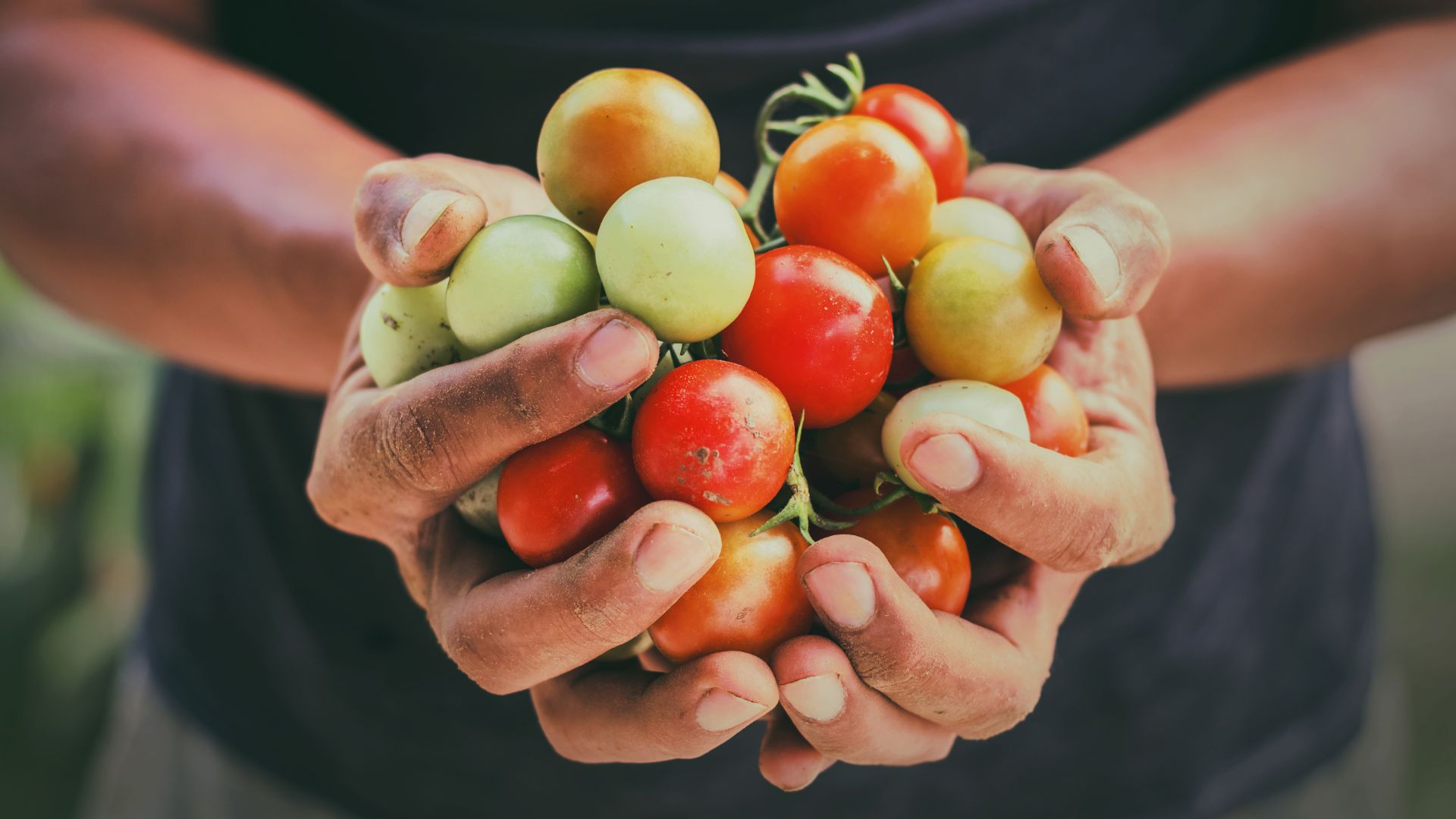Sustainable Agriculture: The Smart Investment of Tomorrow
Have you ever stopped to think about where your food comes from? Beyond the supermarket shelves lies an intricate system of farmers, resources, and processes that feed the world. But as the global population grows, the agricultural sector faces mounting challenges—climate change, depleting natural resources, and the environmental impact of industrial farming. Traditional practices simply won’t suffice in feeding a projected 9.7 billion people by 2050.
That’s why investing in sustainable agriculture isn’t just a trend; it’s the most practical and forward-thinking decision we can make. Let’s explore why sustainable agriculture is, without a doubt, the smart investment of tomorrow.
The Current Agricultural Crisis
Modern industrial farming has brought us here, but at a steep cost. It’s no secret that agriculture accounts for 70% of global freshwater usage and contributes to about 24% of total greenhouse gas emissions. Decades of monoculture and chemical-heavy farming have degraded soil quality and biodiversity, with far-reaching consequences for both the environment and human health.
Take the dust bowl crisis in the United States during the 1930s as an example—unsustainable farming practices left the land barren and livelihoods destroyed. Fast-forward to today, and we are witnessing similar consequences on a global scale due to over-farming, chemical misuse, and deforestation. The soil degradation crisis is so severe that the UN estimates that 24 billion tons of fertile soil are lost every year, while 33% of the planet’s arable land has already been degraded.
The agricultural landscape is at a tipping point, and continuing down this path will ultimately disrupt the world’s food supply. However, with sustainable agriculture, there’s hope.
What is Sustainable Agriculture?
At its core, sustainable agriculture aims to meet society’s current food needs without compromising the ability of future generations to meet their own. It’s an approach that minimizes environmental impact while ensuring long-term agricultural productivity.
The key principles of sustainable farming include:
- Crop diversity and rotation, which preserve soil health and reduce pest outbreaks.
- Water conservation methods like drip irrigation that use water more efficiently.
- Reduced reliance on chemical inputs, such as synthetic fertilizers and pesticides, which harm ecosystems and human health.
- Agroforestry, where trees are integrated into farming, benefiting both crops and the environment.
- Regenerative farming, a practice that improves soil organic matter, leading to carbon sequestration.
By implementing these practices, farmers reduce their dependency on external inputs while boosting biodiversity, soil fertility, and long-term crop yields. According to a report by the Food and Agriculture Organization (FAO), sustainable farming practices can improve yields by as much as 79% in developing countries.
Why Sustainable Agriculture is the Investment of Tomorrow
1. Economic Viability
Sustainable farming is not just about environmental benefits—it makes financial sense. Over time, it reduces farmers’ reliance on expensive synthetic inputs like fertilizers and pesticides. A study by Sustainable Agriculture Research and Education (SARE) found that farmers using sustainable practices reported 13% lower costs and higher profits compared to conventional methods. Additionally, diversified crops provide farmers with multiple income streams, insulating them against market fluctuations and crop failures.
2. Environmental Benefits
The environmental benefits of sustainable agriculture are profound. The FAO reports that transitioning to sustainable practices could reduce agricultural greenhouse gas emissions by up to 30%. Meanwhile, sustainable farming practices like cover cropping and composting have been shown to sequester carbon, which helps mitigate climate change.
Furthermore, regenerative agriculture helps restore ecosystems, replenishes soil organic matter, and improves water retention. For instance, a 2019 study found that regenerative farms had 10% higher crop yields than conventional ones during droughts due to improved soil resilience.
3. Growing Consumer Demand
As global awareness around climate change, health, and ethics grows, consumers are voting with their wallets. According to a 2020 Nielsen study, nearly 73% of global consumers said they would change their consumption habits to reduce their environmental impact. The market for sustainable and organic food has skyrocketed, with global sales surpassing $100 billion annually.
Investing in sustainable agriculture aligns with these trends, allowing investors to meet growing consumer demand for eco-friendly products while tapping into a lucrative and fast-growing market.
The Long-Term Benefits
The advantages of sustainable agriculture are not limited to the environment or short-term profits. This approach ensures food security for future generations by safeguarding the natural resources upon which farming depends. Healthy soils, clean water, and biodiversity are essential to a resilient agricultural system. By adopting sustainable practices now, we ensure that these resources will continue to support food production in the decades to come.
For investors, this translates into stability. Sustainable farms are more resilient to climate change, pest outbreaks, and economic shocks, providing a more reliable return on investment in the long run.
The world’s agricultural sector is at a critical juncture. We have a choice to either continue down the path of unsustainable practices or invest in a future where farming coexists with nature. Sustainable agriculture is not just an ethical decision; it’s a financially sound one. By reducing costs, boosting resilience, and meeting the growing demand for environmentally responsible food, sustainable agriculture represents the smartest investment for tomorrow’s world.
It’s time for all of us—farmers, consumers, and investors alike—to rethink our role in shaping the future of food production. Investing in sustainable agriculture isn’t just a good decision for our planet; it’s a smart decision for our future.

